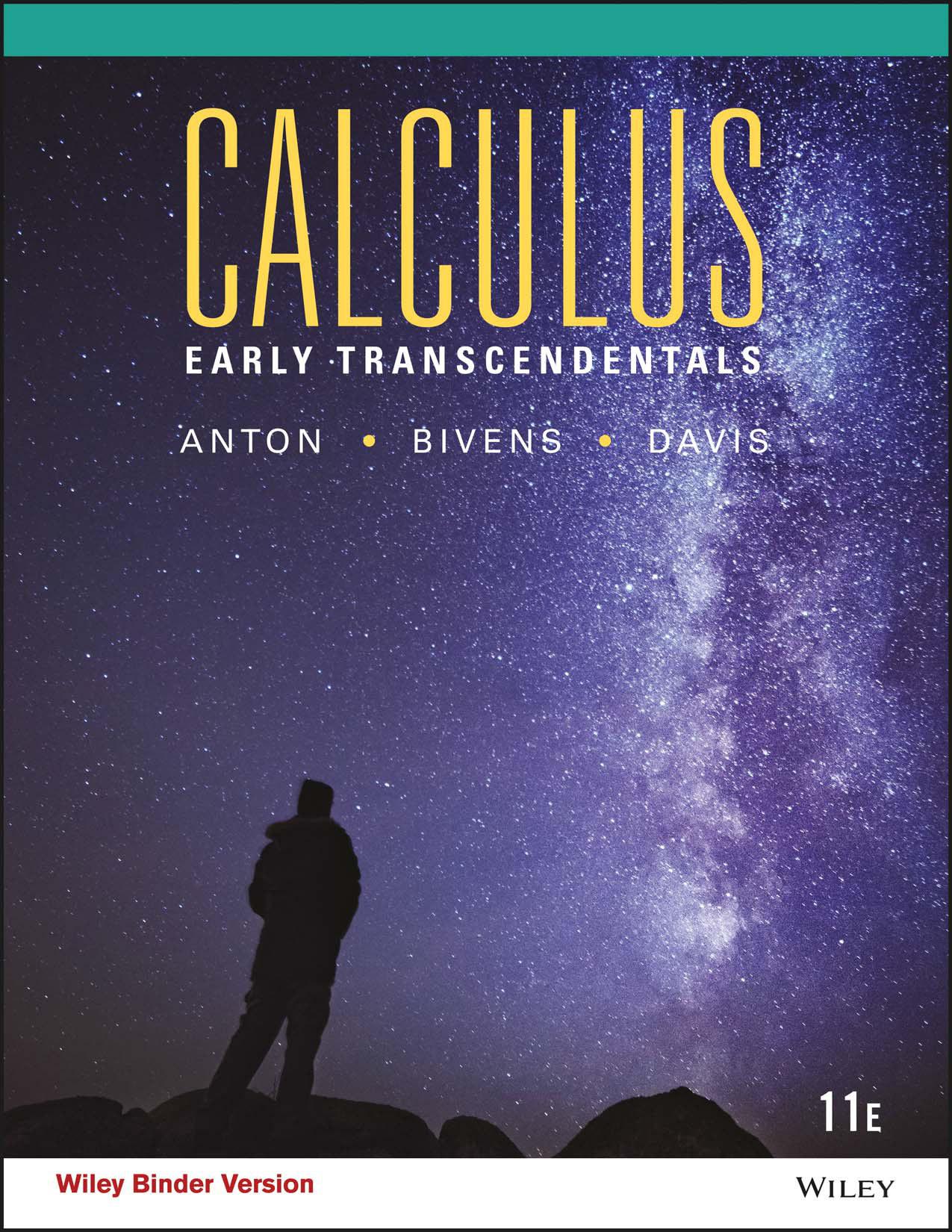

If we were to introduce how to differentiate sin, cos and $e^x$ in the first year, students might be less inclined to over-generalise, but there's no guarantee that that's the case. However there are significant problems in the second year with over-generalisation of the method, particularly when x appears as a power. The restriction to polynomials in the first year helps students become familiar with them, and is very helpful at first. Restriction to polynomials in the first year Advantages and Disadvantages I have come across for this two year arrangement
#EARLY TRANSCENDENTALS FREE#
Individual schools and examining boards are free to stage this as they please within the year, some covering all of first year differentiation in the first term followed by all of first year integration in the second term, others splitting the terms as calculus with positive integer powers then calculus with fractional and negative powers. An additional A-level qualification called Further Mathematics is available that includes the study of limits, but it is taken by a self-selecting minority of students. Note that in the first year, treatment of the derivative as a limit is encouraged by the specification but not assessed. use calculus with transendental functions to model growth and decay and rates of change.solve seperable first order differential equations.use cot, sec, cosec and associated trigonometrical identities including to facilitate calculus.integrate by parts, by substitution and by inspection (typically fractions resulting in ln (v(x))).use the chain rule, product rule, quotient rule.differentiate and integrate sin, cos, tan, $e^x$, ln x.use $e^x$ and ln x algebraically, as for logs to other bases in the previous year.

In the second year, students learn how to solving trigonometrical problems involving sin, cos, tan (no calculus).use logs to base 10, 2, a etc to solve equations and manipulate expressions (no calculus).use calculus in the context of simple rate-of-change and maximisation problems.solve polynomial differential equations of the form dy/dx=p(x) with a simple boundary condition.use derivatives to find and classify stationary points, find equations of tangents and normals.deal with negative and fractional powers,.differentiate and integrate polynomials.Here is just the part of the content I feel is most relevant to your question: (There are a number of different examining boards with different specifications, but the split between first year "AS" mathematics and second year "A2" mathematics is specified by the UK government, and recently (2014) the January exam session has been abolished, so that all students sit all of the year's papers in the summer at the end of the academic year.) Disclaimer: I don't have any empirical studies, but do have substantial experience of the UK's hybrid between early and late transcendental functions in the 16-18 A-level Mathematics qualification.


 0 kommentar(er)
0 kommentar(er)
